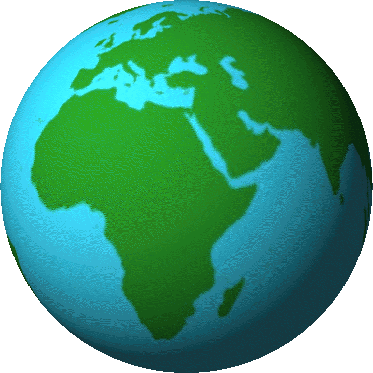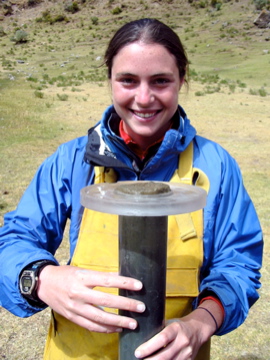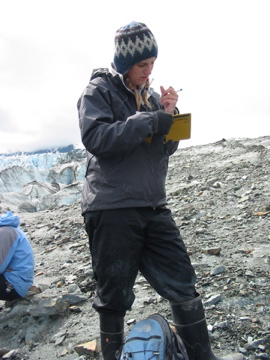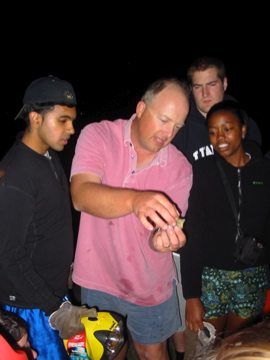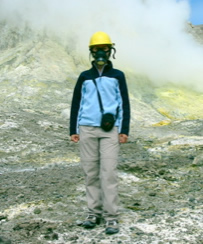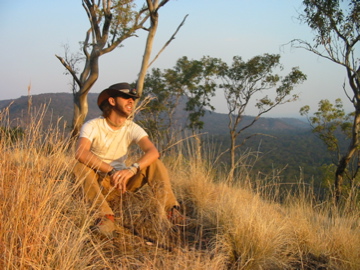
Geosciences
and Environmental Science and Policy
at Union College
| Union Home |
| Geosciences |
| Env. Science & Policy |
| Int'l programs |
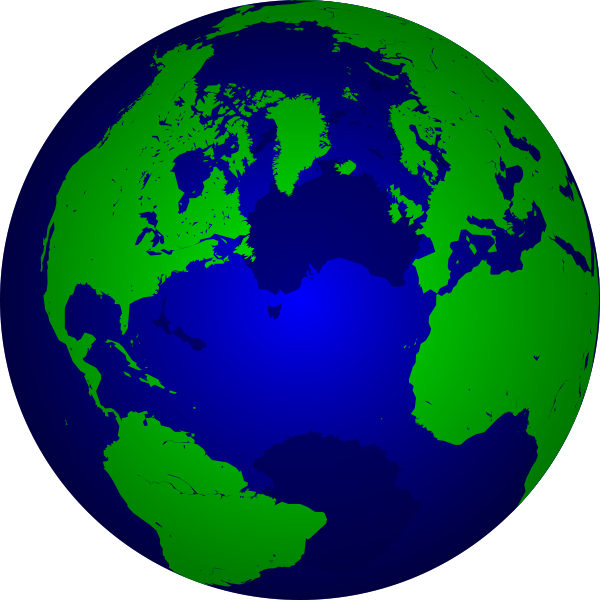 |
| Field Science at UNION |
IT'S YOUR WORLD, GET OUT THERE...
LIVING ON THE EDGE - ALASKA Living on the Edge is the field study of earthquakes, volcanoes, and other hazards where tectonic plates collide. Field studies focus on understanding the science behind natural hazards that lead to catastrophic events and subsequent loss of life. Fieldwork is aimed at recognizing hazards and understanding the processes behind the hazards. VOLCANOES AND SOCIETY - ICELAND A close look at powerful volcanic eruptions and how those eruptions affect society and culture. This course focuses on sites that have an excellent record of volcanism or where modern society faces a serious volcanic threat. Course will include study of dating methods and the effects of major volcanic eruptions on global climate. IMPACTS OF CLIMATE CHANGE This field-based course is focused on the geologic record of climate change preserved in glacial deposits and lakes in the majestic Cordillera Blanca, Peru. A closely related focus will be to understand the impact of climate change on human populations. Projects learning to map moraines, core lakes, and evaluate the impact of climate change on geologic hazards and on the ever-increasing human occupation in this alpine setting. CARBONATE SEDIMENTOLGY. Examination of carbonate rocks, carbonate environments, animal-sediment interactions, and the oceanographic and climatic factors that affect deposition including sea level change, catastrophic storms, and groundwater. Field studies include examples of modern and ancient coral reefs, lagoons, tidal inlets, beaches, hypersaline lakes, and tidal flats. Course includes a required week field trip to the Bahamian Field station on San Salvador Island. AUSTRALIA TERM ABROAD. This is a college-wide term aborad that is focussed on the biology and geology of Australia nd New Zealand. It occurs in the fall term, and applications are done at Union in the beginning of the winter term. At Hobart-William Smith, our sister school for this program, applications are due in the fall term. NEW ZEALAND POWER. The New Zealand Electric Power Development Mini-Term is offered during the Fall break. Under the direction of Prof. Kenney (Economics), the course focuses on the economics, technology, and environmental regulation of hydroelectric, geothermal, hydrocarbon-fueled, and wind power generation in New Zealand and the impacts of the country’s recent electricity market deregulation. There are openings for both engineering students, environmental and economics students who will work in two-person, interdisciplinary teams to analyze various projects and power schemes.
. NOTE: Students apply for international programs two terms in advance. All international programs are competitive, some highly so. Attendance at a program's informational meeting is essential. Selection criteria include the student's essay, GPA, faculty recommendations, course of study, certification by the Dean of Students, and the selection committee's assessment of the student's capability of adapting to the program's social and academic environment. Should there be additional selection criteria, they will be announced at the informational meeting. The faculty selection committee seeks a group of students with varied academic and intellectual backgrounds and interests. The College urges students to seek advice from their academic advisors and from the international programs office to select programs appropriate to their academic and intellectual interests. While the College is very proud of the unusually high percentage of its students who study abroad, we note that participation in all programs is limited. . |
| Get out there... | ||
|
Taking sediment cores in an Andean Lake in Peru to study climate change
Observing the ablation zone on the Childs Glacier in Alaska MORE>
Marine Biology in the evening at the Moreton Bay Research Centre, Brisbane Australia MORE>
Goundwater movement forms caves in the Bahamas. MORE>
|
||
All rights reserved. No part of the document can be copied and/or redistributed, electronically or otherwise, without written permission from: J.I.Garver, Geology Department, Union College, Schenectady NY, 12308-2311, USA. (exception is spinning globe, which is from: http://www.world-map.nl)
Last Revised: 5 January, 2012
